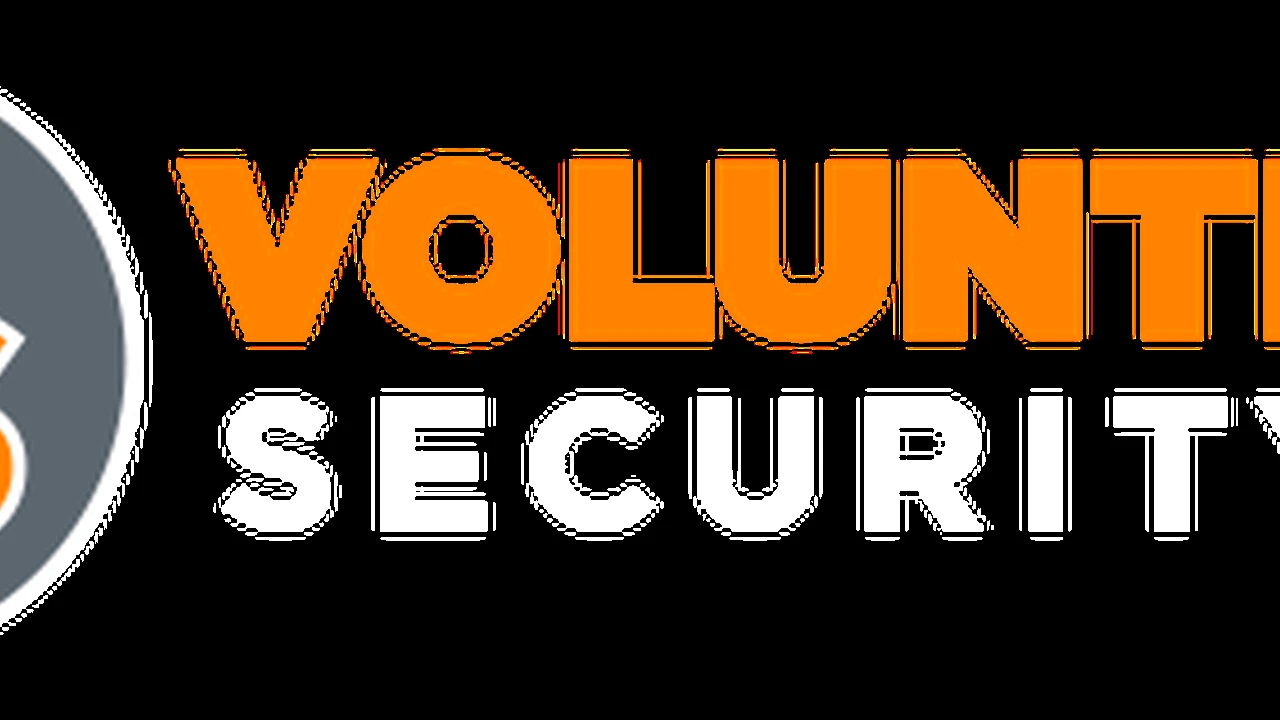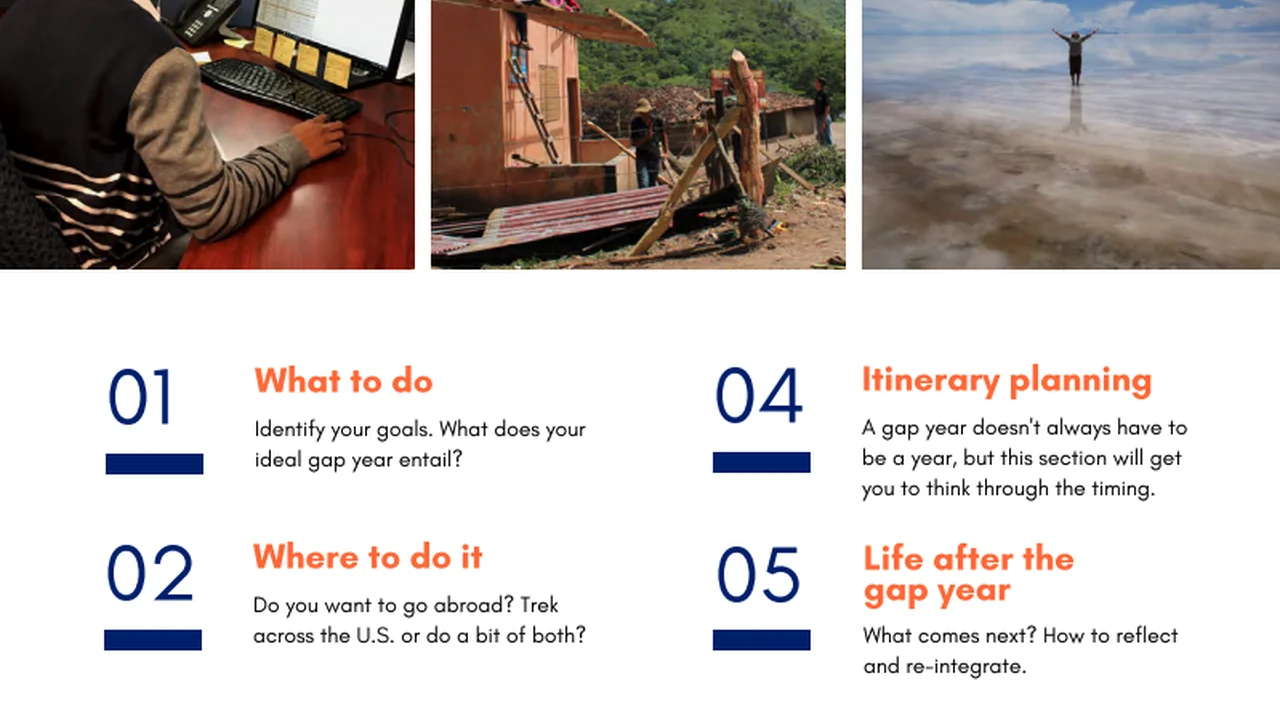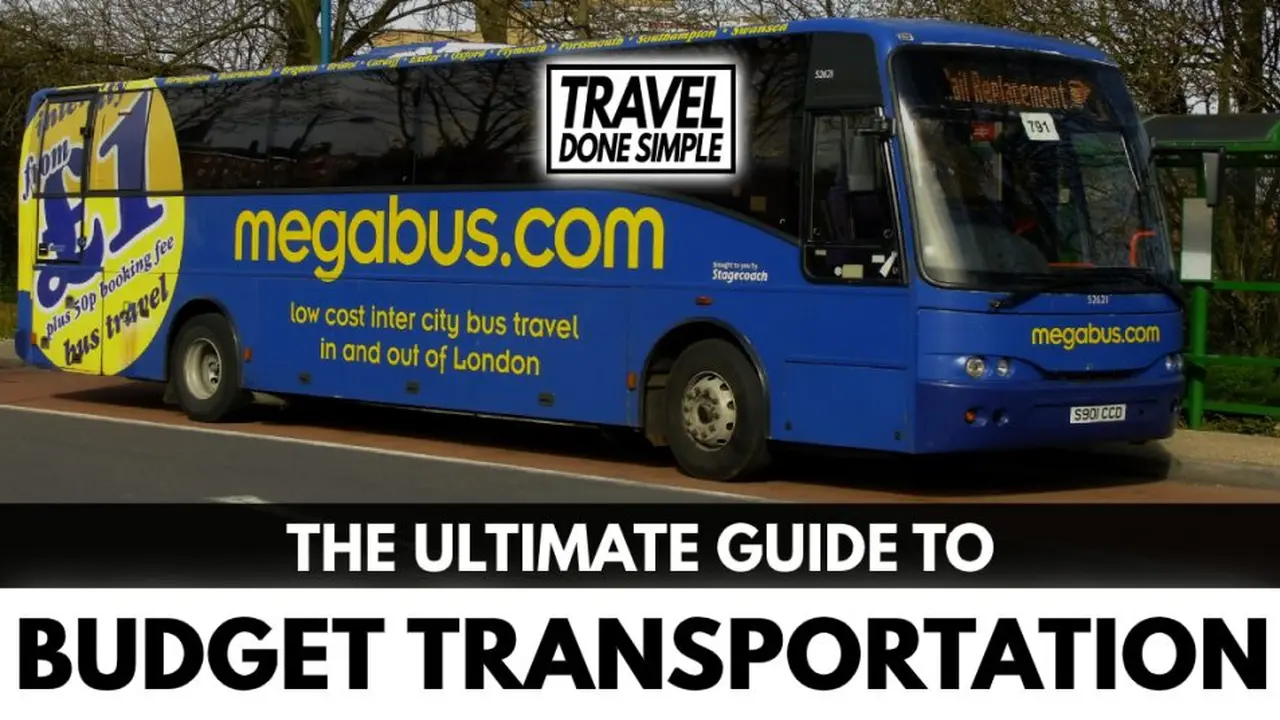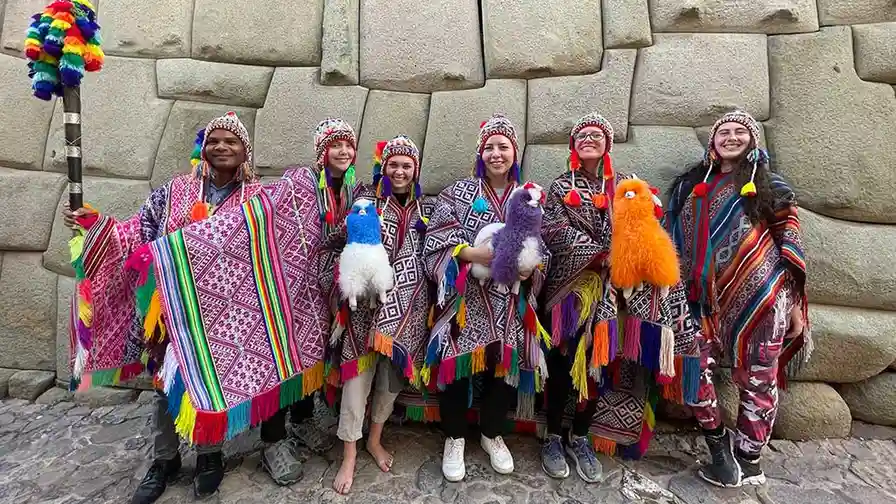Volunteer Safety and Security Advice
Learn about local customs, potential risks, and emergency procedures. Stay informed and take precautions to protect yourself.

Understanding Potential Risks: Volunteer Safety Tips
Volunteering abroad is an incredibly rewarding experience, but it's crucial to be aware of potential risks and take necessary precautions to ensure your safety and security. This isn't about scaring you off; it's about empowering you to make informed decisions and travel responsibly. Let's dive into some key areas to consider.
Pre-Departure Preparations: Essential Safety Steps
Before you even pack your bags, do your homework. Research the specific region you'll be volunteering in. Check travel advisories from your government and other reputable sources. Understand the common scams targeting tourists and volunteers. This knowledge will be your first line of defense.
Travel Insurance is Non-Negotiable: Seriously, don't leave home without it. Make sure your policy covers medical emergencies, evacuation, theft, and cancellation. Read the fine print to understand the coverage limits and exclusions. Consider policies specifically designed for long-term travel or volunteering. We'll talk specific insurance providers later.
Document Copies are Your Friends: Make copies of your passport, visa, driver's license, and insurance information. Store them separately from the originals. Consider uploading digital copies to a secure cloud storage service. Share copies with your family or emergency contact back home.
Vaccinations and Health Precautions: Consult your doctor or a travel clinic well in advance of your trip. Get necessary vaccinations and malaria prophylaxis, if applicable. Pack a well-stocked first-aid kit with essential medications, bandages, antiseptic wipes, and insect repellent. Be mindful of food and water safety – stick to bottled water and avoid street food from questionable vendors.
Emergency Contacts: Share your itinerary and contact information with your family and friends. Establish a check-in schedule and stick to it. Provide them with emergency contact information for your volunteer organization and local authorities.
On-Site Security Measures: Staying Safe During Your Volunteer Work
Once you arrive at your volunteer placement, prioritize your safety and security. Follow these guidelines to minimize risks and stay protected.
Accommodation Safety: Securing Your Living Space
Whether you're staying in shared housing, a host family, or on-site facilities, take steps to secure your living space. Lock your doors and windows, especially when you're away. Don't leave valuables in plain sight. Consider using a travel safe or lockable bag for important documents and electronics.
Get to Know Your Surroundings: Familiarize yourself with the neighborhood where you're staying. Identify safe routes to and from your volunteer placement. Be aware of any areas known for criminal activity or safety concerns. Ask locals for advice on staying safe in the area.
Personal Safety: Protecting Yourself in Public
Be aware of your surroundings and avoid walking alone at night, especially in unfamiliar areas. Dress modestly and avoid displaying expensive jewelry or electronics. Keep your belongings close and be wary of pickpockets and scams.
Learn Basic Self-Defense: Consider taking a self-defense class before your trip. Learn basic techniques for protecting yourself in case of an attack. Even knowing a few simple moves can boost your confidence and deter potential attackers.
Trust Your Instincts: If a situation feels uncomfortable or unsafe, remove yourself from it immediately. Don't hesitate to seek help from local authorities or trusted individuals. Your gut feeling is often a reliable indicator of danger.
Transportation Safety: Navigating Local Travel
Use reputable transportation services, such as licensed taxis or ride-sharing apps. Avoid hailing unmarked taxis or accepting rides from strangers. Be aware of traffic laws and road conditions. If you're renting a vehicle, ensure it's properly insured and in good working order.
Public Transportation Precautions: When using public transportation, keep your belongings close and be aware of your surroundings. Avoid traveling alone at night and choose well-lit and crowded routes. Be wary of pickpockets and scams targeting tourists.
Emergency Procedures: Knowing What to Do in a Crisis
Familiarize yourself with emergency procedures in case of a natural disaster, medical emergency, or security threat. Know the location of the nearest hospital, police station, and embassy or consulate. Have a plan for contacting your family or emergency contact back home.
Learn Basic First Aid: Consider taking a first-aid course before your trip. Learn how to treat common injuries and illnesses. Knowing basic first aid can be invaluable in emergency situations, especially in remote areas.
Stay Informed: Monitor local news and weather reports for any potential threats or disruptions. Be aware of any travel advisories or warnings issued by your government. Stay informed and be prepared to adjust your plans if necessary.
Specific Product Recommendations for Volunteer Safety
Here are a few specific products that can enhance your safety and security while volunteering abroad. Prices can vary, so consider these estimates as a guide.
Personal Safety Alarms: A Loud Deterrent
Product: SABRE Red Personal Alarm with Key Chain
Use Case: Attach to your keys or backpack. In an emergency, pull the pin to activate a loud (120dB) alarm that can deter attackers and attract attention.
Comparison: Many personal alarms are available. SABRE is a reputable brand known for its reliability. Some alarms have additional features like a strobe light.
Price: ~$10 - $20
Door Stop Alarms: Securing Your Accommodation
Product: GE Personal Security Door Stop Alarm
Use Case: Place under your door when you're sleeping or away from your room. If the door is opened, the alarm will sound, alerting you to a potential intruder.
Comparison: Look for models with adjustable sensitivity. Some door stop alarms also have a built-in flashlight.
Price: ~$10 - $25
Travel Safe: Protecting Valuables
Product: Pacsafe Travelsafe X15 Portable Safe
Use Case: This portable safe is made of cut-resistant fabric and can be locked to a fixed object. Use it to store your passport, money, and electronics while you're away from your accommodation.
Comparison: Pacsafe is a well-known brand for travel security. Consider the size and weight of the safe when making your decision.
Price: ~$80 - $120
Travel Insurance Providers: Protecting Your Health and Finances
World Nomads: A popular choice for long-term travelers and volunteers. Offers comprehensive coverage, including medical emergencies, evacuation, and trip cancellation.
SafetyWing: Offers affordable travel medical insurance for digital nomads and long-term travelers. A good option if you're primarily concerned about medical coverage.
Allianz Travel Insurance: A well-established insurance provider with a variety of travel insurance plans to choose from. Compare plans carefully to find the best fit for your needs.
Price: Varies depending on your age, destination, and coverage level. Expect to pay between $50 and $200 per month.
Staying Safe Online: Digital Security for Volunteers
In today's world, online security is just as important as physical security. Here's how to protect yourself online while volunteering abroad.
Using a VPN: Protecting Your Data
A VPN (Virtual Private Network) encrypts your internet traffic and masks your IP address, making it more difficult for hackers to intercept your data. Use a VPN when connecting to public Wi-Fi networks, especially when accessing sensitive information like banking details or email.
Product Recommendations: NordVPN, ExpressVPN, Surfshark. These are all reputable VPN providers with strong security features.
Price: ~$5 - $15 per month
Strong Passwords and Two-Factor Authentication: Securing Your Accounts
Use strong, unique passwords for all your online accounts. Avoid using the same password for multiple accounts. Enable two-factor authentication (2FA) whenever possible. 2FA adds an extra layer of security by requiring a code from your phone in addition to your password.
Being Wary of Phishing Scams: Recognizing Fake Emails and Websites
Be cautious of emails and websites that ask for your personal information. Phishing scams are designed to trick you into revealing your passwords, credit card numbers, or other sensitive data. Always double-check the sender's email address and the website URL before entering any information.
The Importance of Local Knowledge: Connecting with the Community
One of the best ways to stay safe is to connect with the local community. Talk to locals, ask for advice, and learn about the local customs and traditions. They can provide valuable insights into potential safety concerns and help you navigate the area safely.
Building Relationships: Trusting Locals
Don't be afraid to strike up conversations with locals. Ask for recommendations for restaurants, activities, and transportation. Build relationships with people you trust. They can be a valuable source of information and support.
Learning the Language: Communicating Effectively
Even learning a few basic phrases in the local language can go a long way in building trust and communicating effectively. It shows respect for the local culture and can help you navigate everyday situations more easily.
Respecting Local Customs: Avoiding Offense
Be aware of local customs and traditions. Dress modestly, avoid public displays of affection, and be respectful of religious sites. Understanding and respecting local customs can help you avoid misunderstandings and build positive relationships with the community.
Final Thoughts: Prioritizing Safety for a Successful Gap Year
Volunteering abroad is an incredible opportunity for personal growth and making a positive impact. By prioritizing your safety and security, you can ensure a rewarding and memorable experience. Remember to research your destination, take necessary precautions, and stay informed. With careful planning and a proactive approach, you can minimize risks and enjoy a safe and fulfilling gap year adventure.
:max_bytes(150000):strip_icc()/277019-baked-pork-chops-with-cream-of-mushroom-soup-DDMFS-beauty-4x3-BG-7505-5762b731cf30447d9cbbbbbf387beafa.jpg)






